In June 2020, Sasha Louise Pallari shared a video of her smooth, glowy, Insta-perfect skin, before removing the filter to show how it hid her natural texture and imperfections. The makeup artist and model was inspired to film the clip after noticing an undisclosed influencer with over 300K followers advertising a global makeup brand while wearing a beautifying filter. Concerned about the unrealistic expectations this set, Sasha launched #FilterDrop – a hashtag challenging others to share pictures of their unfiltered, real skin, both with and without makeup. She later shared a tearful update thanking the hundreds who left their comfort zone to join her. Not only had the makeup brand in question reached out to thank Sasha her for highlighting how problematic this kind of advertisement can be, but she had set her next goal: filter accountability.
Her main target is the Advertising Standards Authority. Already regulating what does and doesn’t constitute sponsored content, she wants the organisation to go a step further and require influencers to state if they’ve used a filter when promoting cosmetics. While she isn’t 100% anti filters, she wants people to stop using them all the time. According to a recent Girlguiding survey, a third of girls and young women will not post selfies without first using a filter. In Sasha’s opinion, this is the only way to change this mindset, as “the more real we see, the easier this [will] get”.
Sasha isn’t the first influencer to raise concerns over filters. When Kylie Jenner posted a tutorial for her new brand Kylie Skin in 2019, Sade (AKA Shadey Bangs) criticised her decision to promote skincare products while using a skin-smoothing filter. And when Kylie’s sister Khloe uploaded a selfie with noticeably slimmer, more angular features in May, pop-culture writer Bolu Babalola took to Twitter to comment how sad it was that such a prominent figure would feel the need to represent herself differently on social media.
You may also like
Already enforcing a strict no-filter policy on her content is Katie Jane Hughes. The makeup artist is all about “glossy skin” – relying on quality products and technique rather than Photoshop for a smooth finish – and hopes to normalise real skin texture on Instagram. Kadeeja Khan also has a strict anti-photoshop policy. A longtime sufferer from severe acne, she spent the first few years of her influencing career blurring out her scars until she unveiled her “real” skin in a now-deleted YouTube video. She has since called out L’Oréal for dropping her from a campaign due to her unfiltered skin, and is keen to help boost the confidence and self-esteem of those growing up in the “selfie generation” Similarly, when Sonny Turner first started modelling at age 13, she relied on photo-editing app FaceTune to erase spots and make slight changes to her features before posting on Instagram. She has since ditched filters as she believes they create a damagingly false sense of reality, and unfollows those who do not disclose frequent heavy editing. Also hoping to push for change is YouTuber Meg Says. She has voiced her frustrations over those who “use a surgery filter on every story” and last year set herself the challenge of her posting a “video every other day in November” (AKA VEODIN,) in which she vowed to prove influencers have “normal crusty morning faces” too.
But going cold turkey is easier said than done. Sydney May Crouch is a vlogger who is aware that, alongside her partner in crime Ellie Jarrett, she mainly reaches a younger, female audience vulnerable to the more damaging aspects of filtered images. As a result, she recently stated she is trying to cut out filters on her main feed but does still use them occasionally on Instagram Stories. Jamie Rose Dee is a model and lifestyle vlogger who uses her platform to inspire other transgender women and is conscious of how her images help set unrealistic beauty standards. She recently Tweeted: “I would love to be a girl that promotes natural beauty and posts unedited photos, but the truth is I’m insecure. I always have plastic surgery on my mind and I edit most of my photos.” She went on to ask that followers do not compare themselves to filtered Instagram personalities. And while Molly Mae Hague was previously so fond of filters that they became the namesake of her self-tanning line, she produced a vlog in April explaining all the tweaks she makes to her face via FaceTune and why.
With the likes of Amelia Liana, Laura Anderson, Lorna Andrews and Maura Higgins all receiving criticism for over-editing in the past, the backlash against filters is nothing new. But for brands looking to work with influencers on beauty content, accountability has never been so important. For more influencers going filter-free, also see Natalie Lee, Enam Asiama, Cherry Healey and Carolyn Stritch.
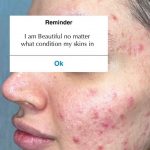





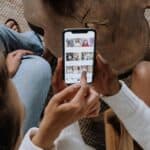
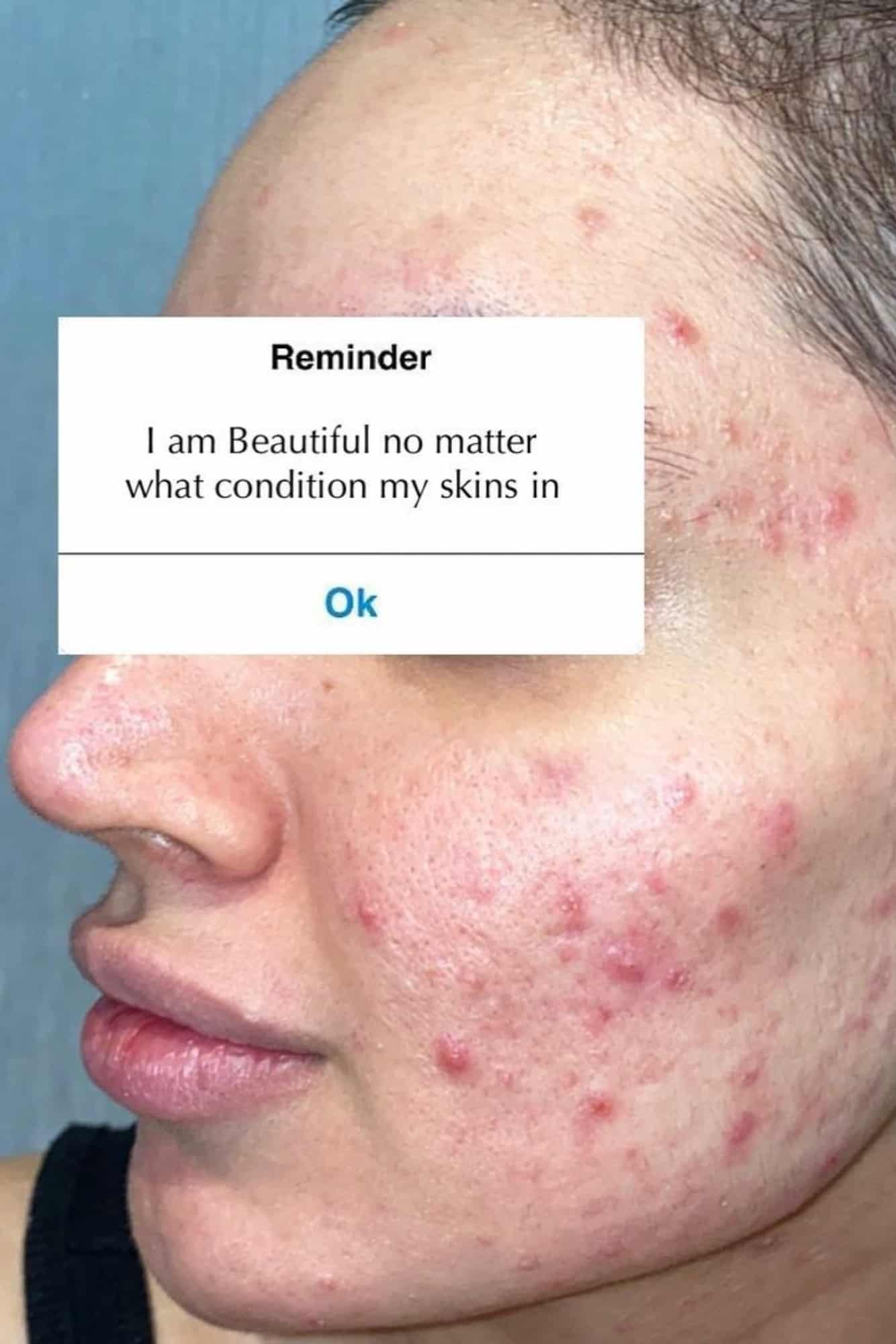
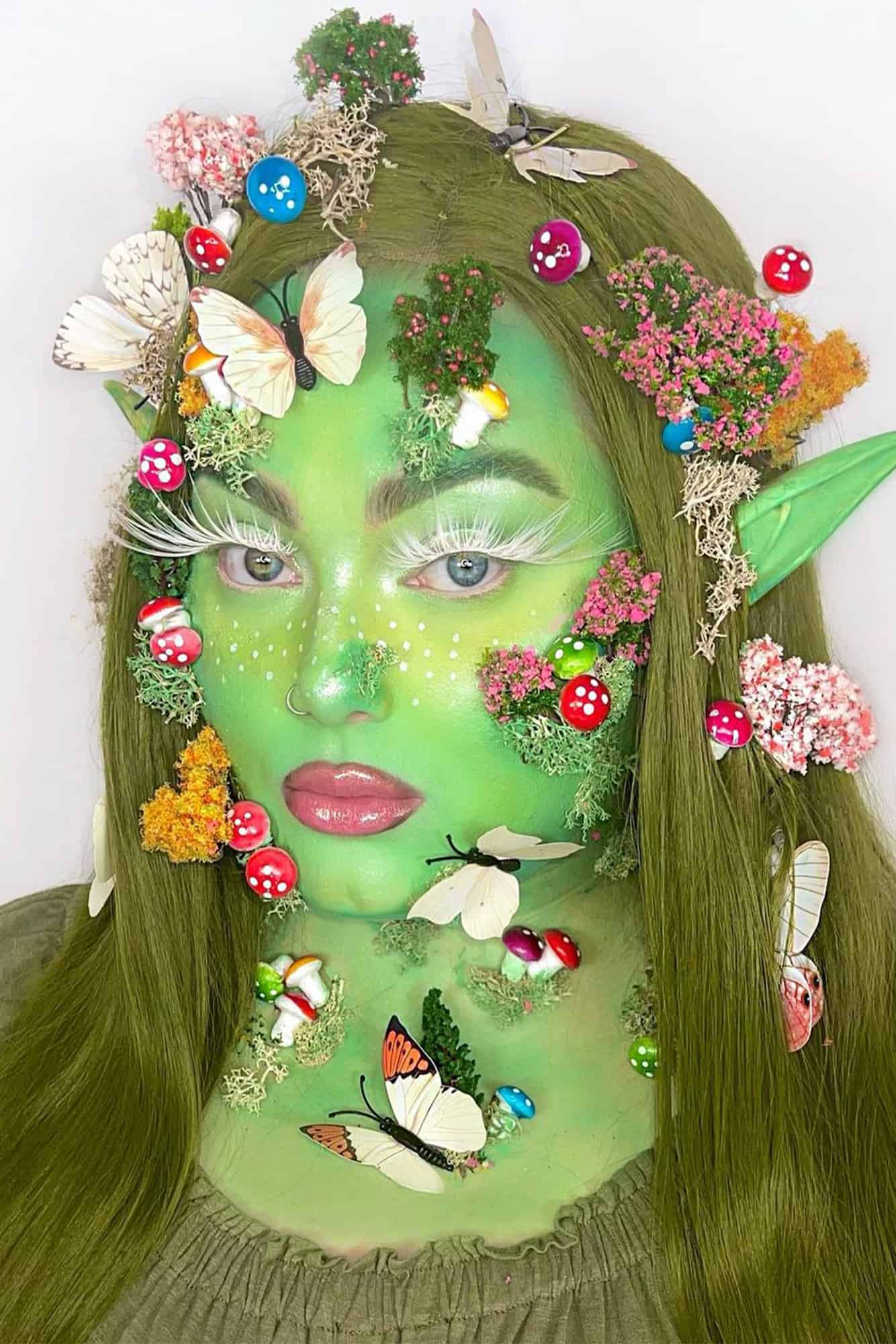
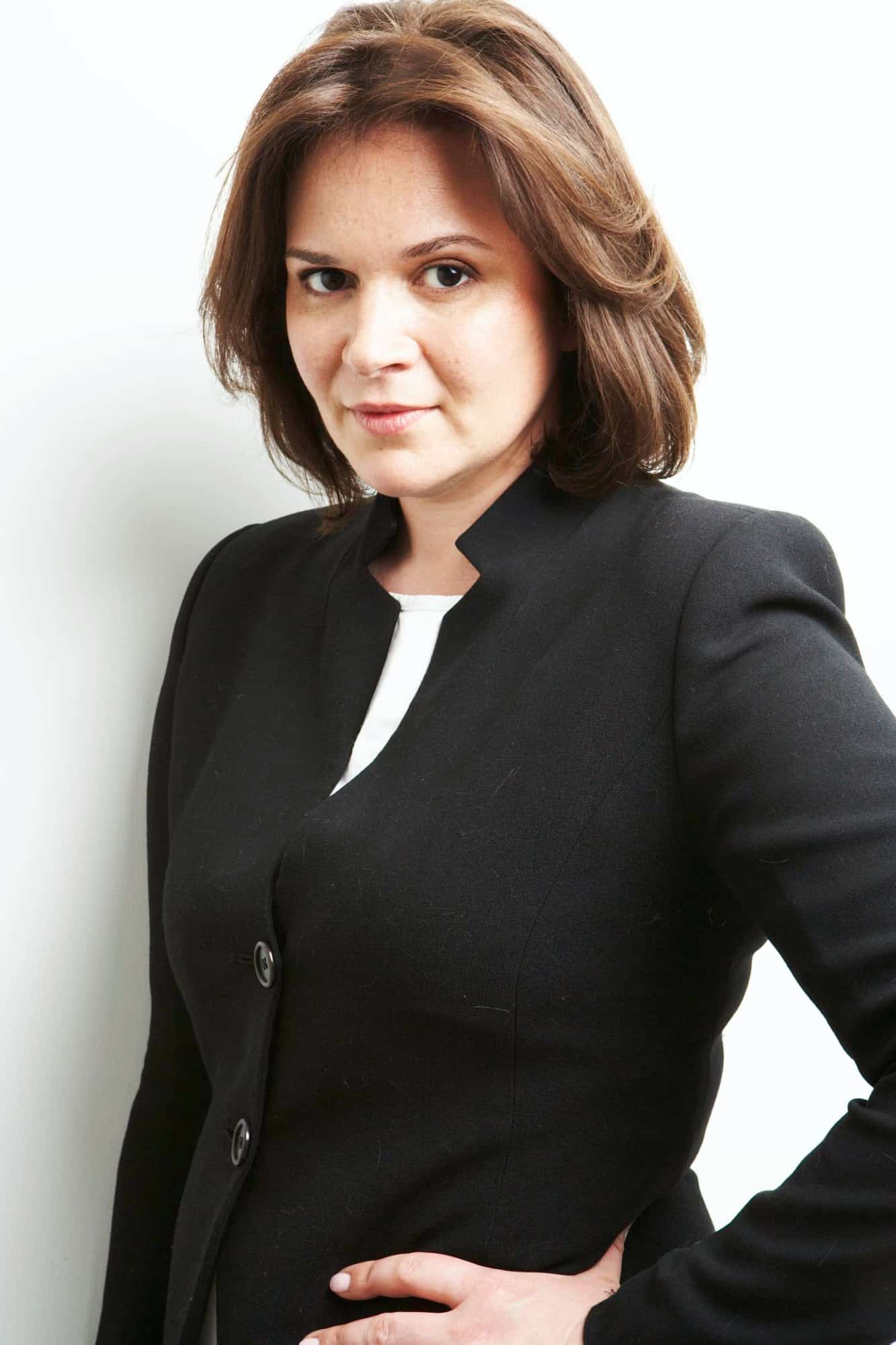
Dear the ASA, the damage being caused by filters isn’t just happening in ads